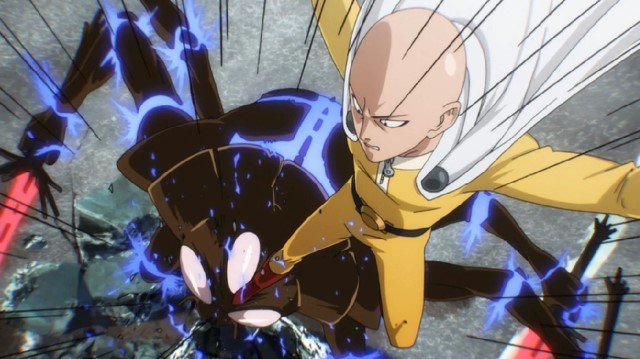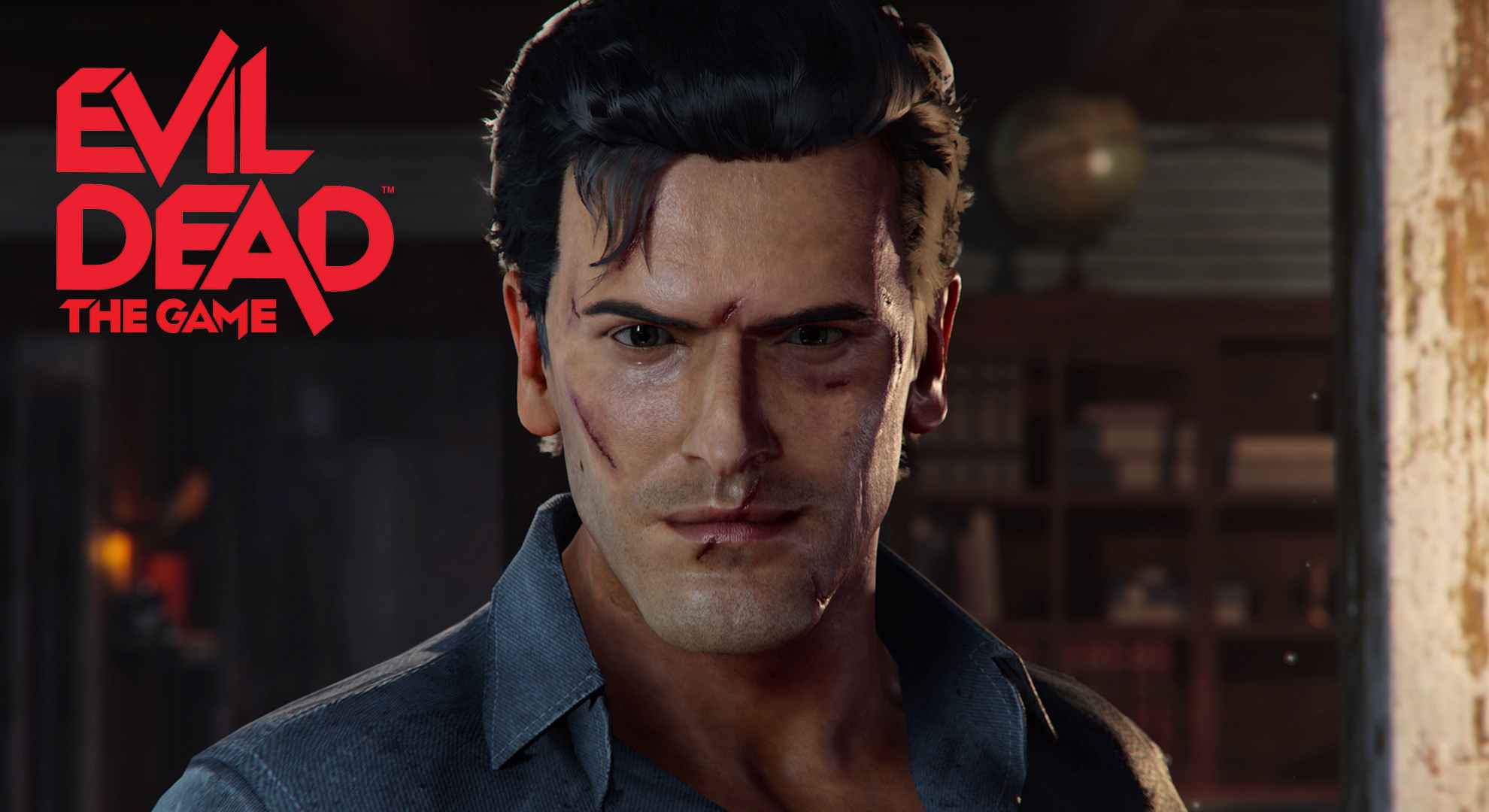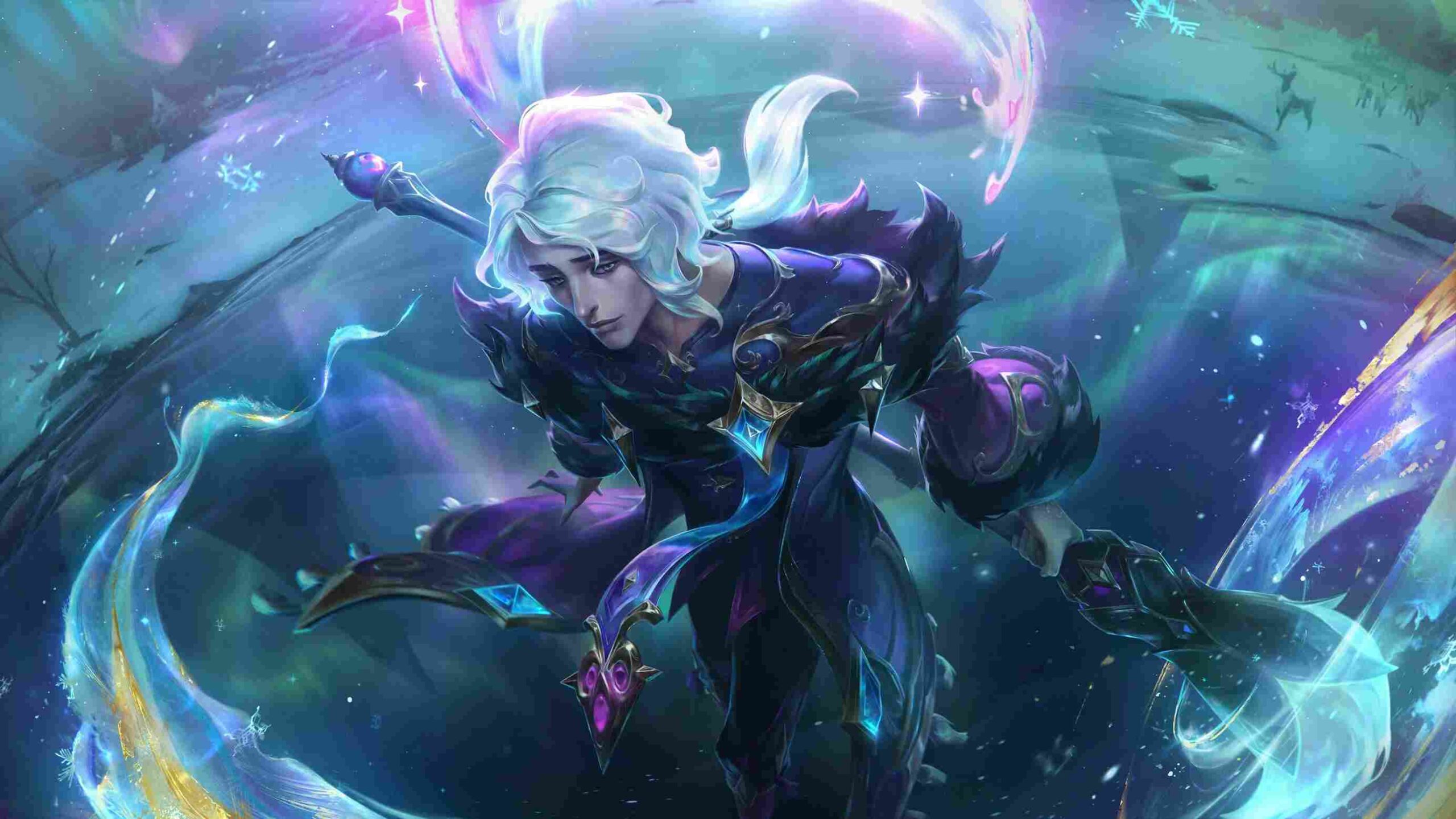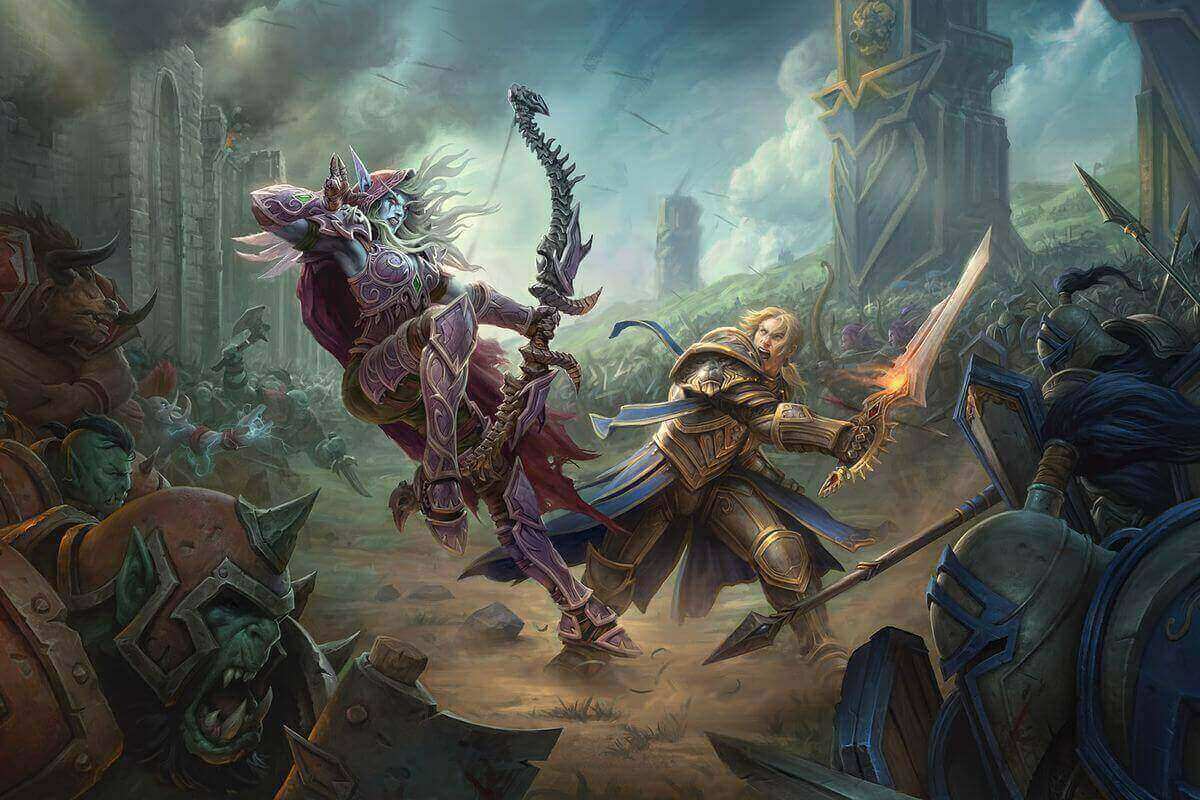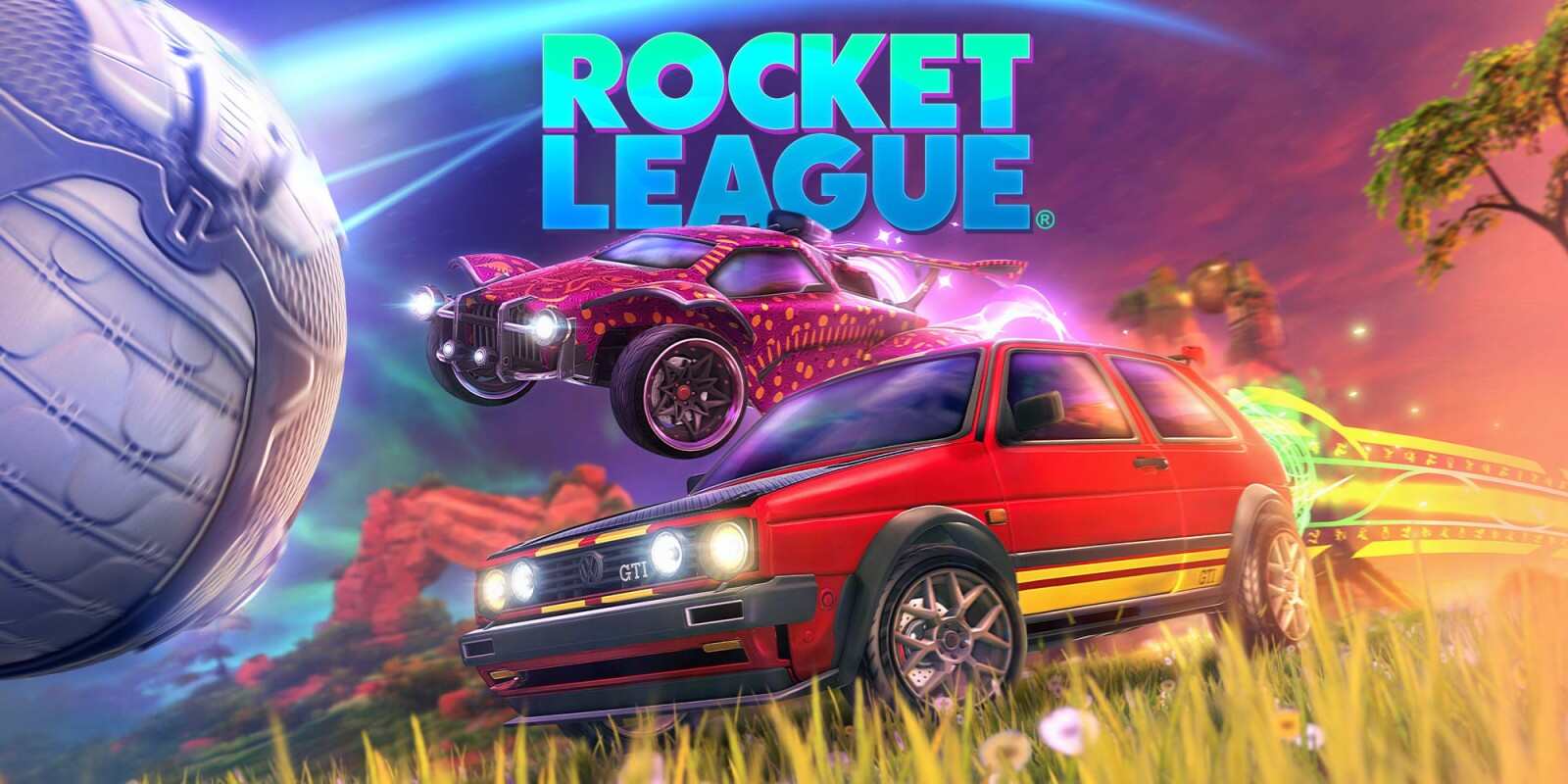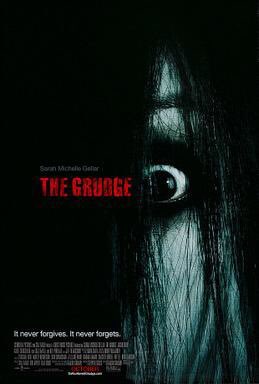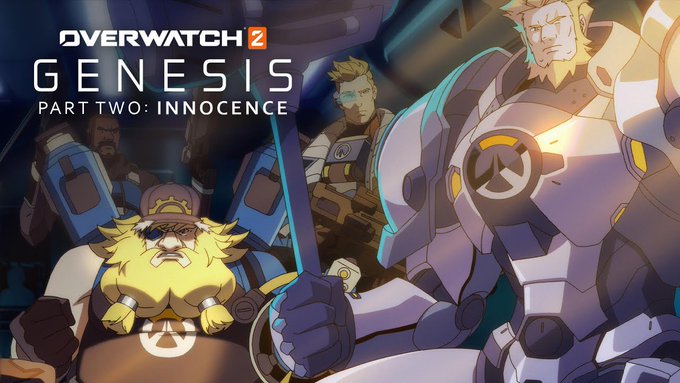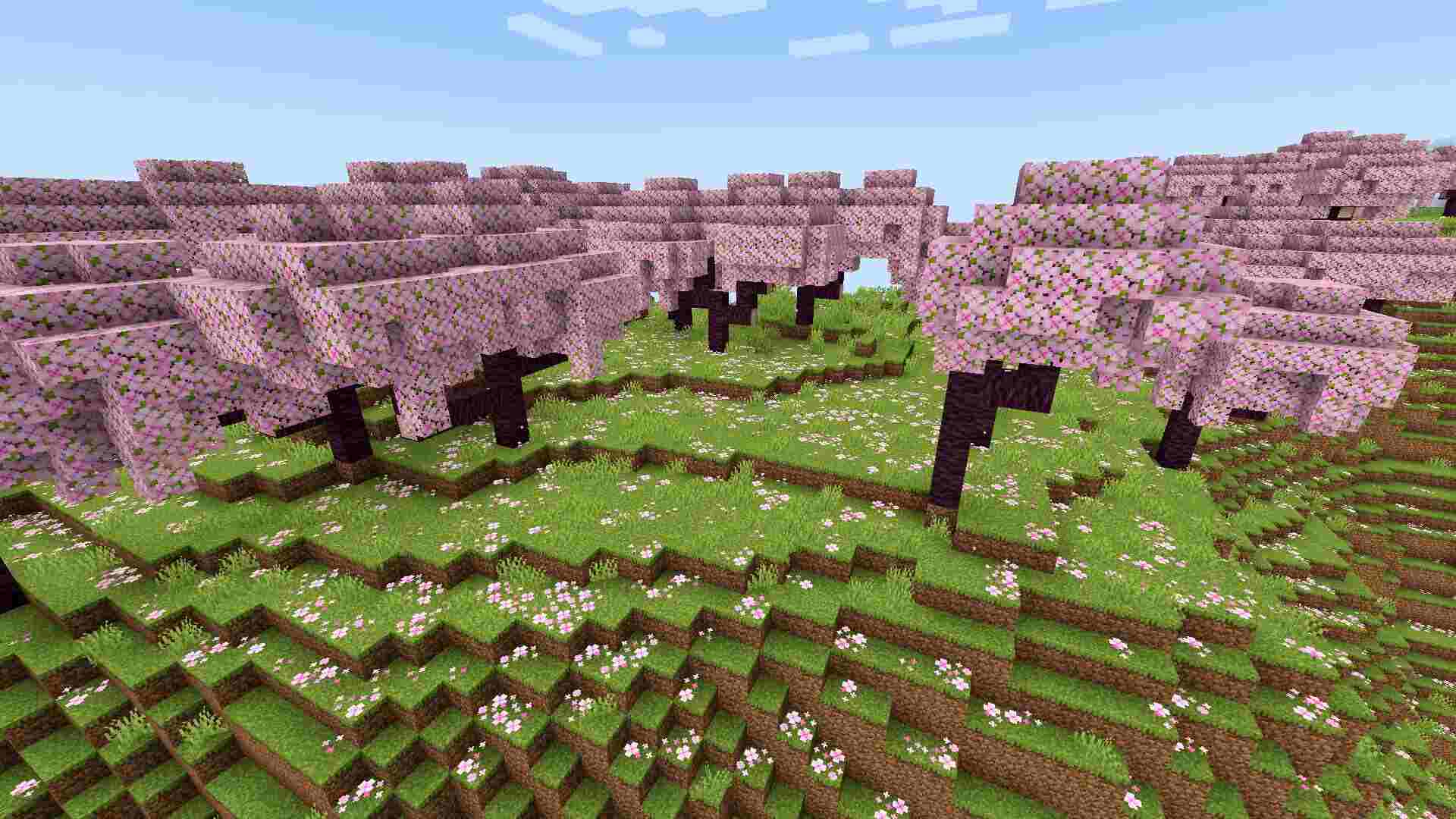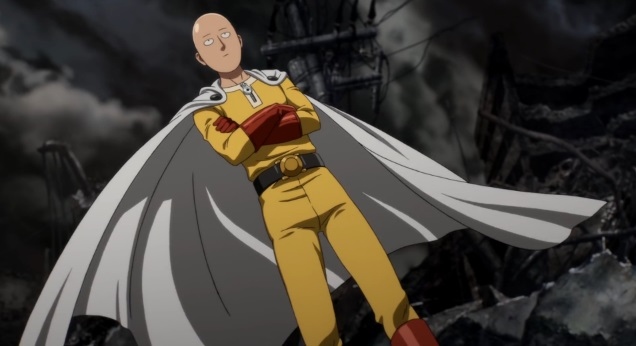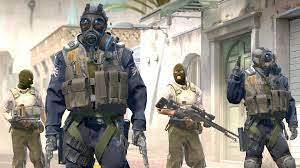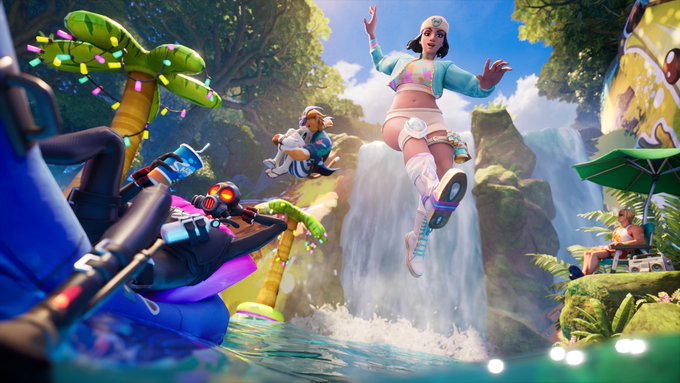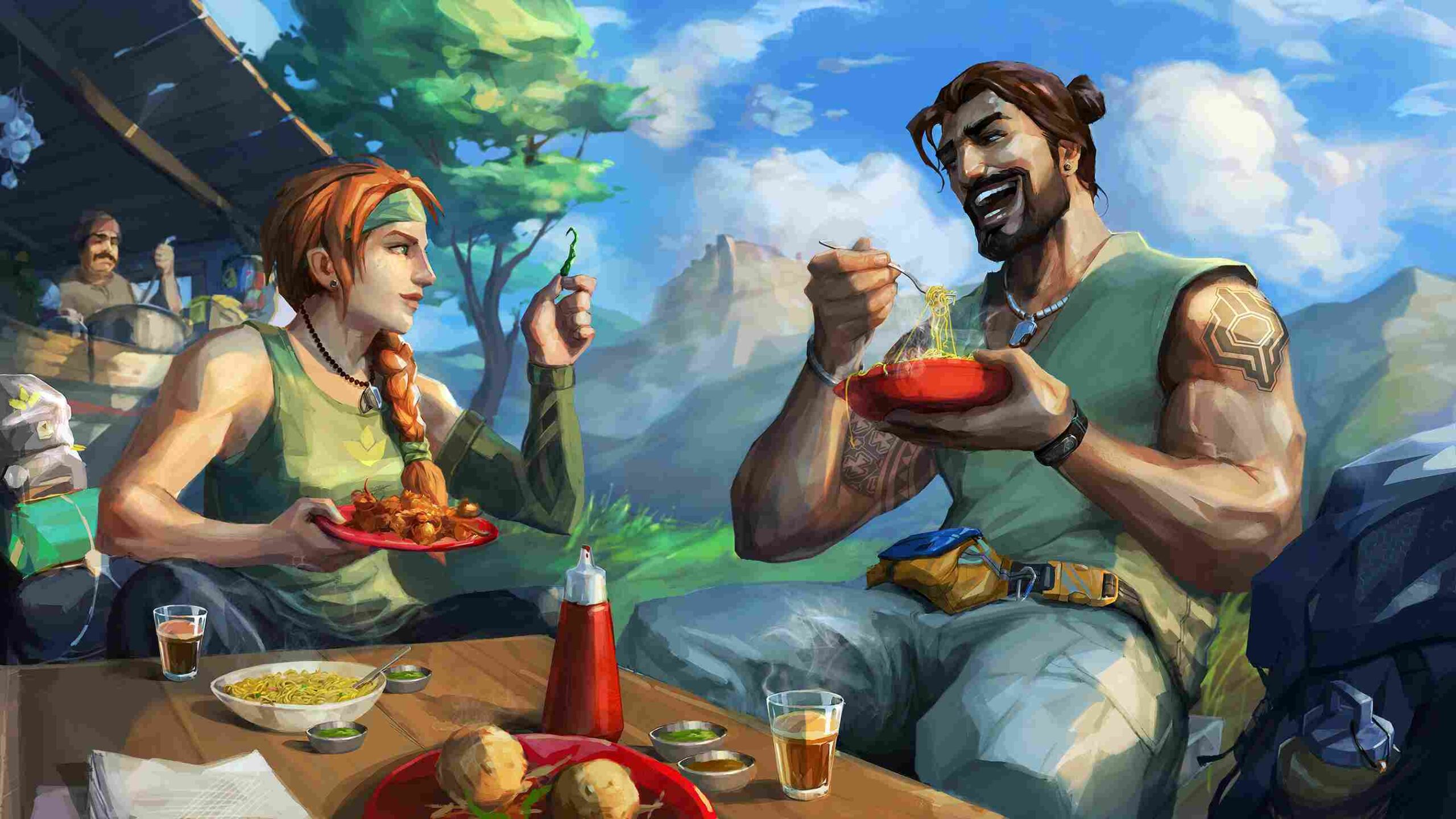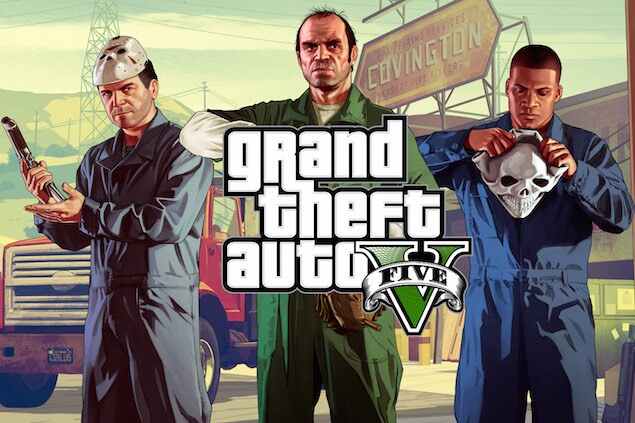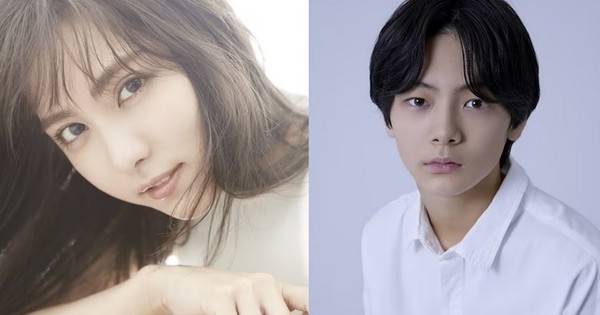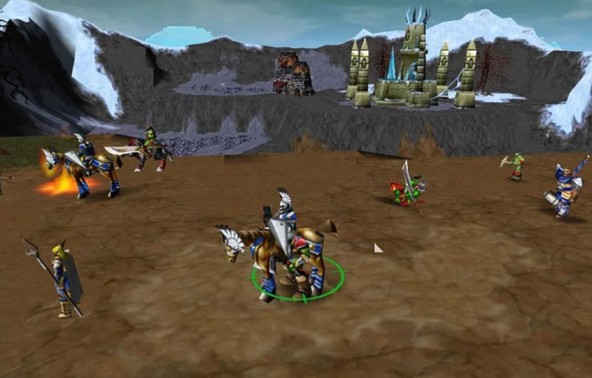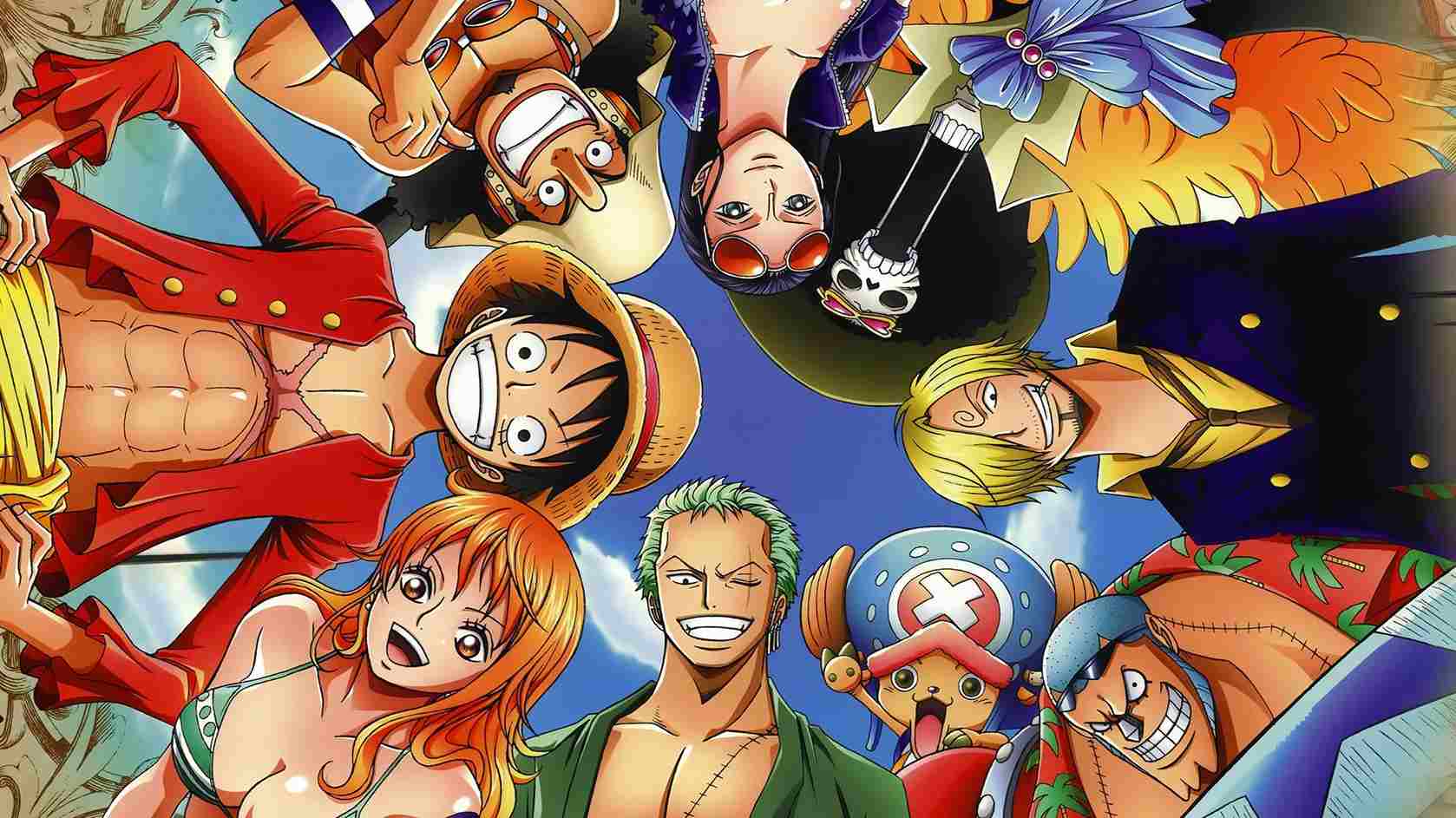Are One Punch Man And Mob Psycho 100 Similar? All You Need To Know
When it comes to the captivating worlds of “One-Punch Man” and “Mob Psycho 100,” both masterfully crafted by the talented ONE, fans often find themselves drawing parallels between the two series. However, an intriguing revelation by the creator himself sheds light on the fact that these narratives are not merely similar; they are, in fact, distinct opposites. In this exploration, we delve into the divergent emotions and character dynamics that set these stories apart, showcasing the creator’s unique perspective on his creations.
One-Punch Man’s Saitama Vs. Mob Psycho 100’s Mob
In the realm of manga and anime, the two blockbuster series, “One-Punch Man” and “Mob Psycho 100,” have left an indelible mark on enthusiasts worldwide. Created by ONE, these tales follow the escapades of Saitama and Mob, each endowed with extraordinary abilities that place them at the forefront of their worlds. Though their exceptional prowess invites comparison, ONE intriguingly asserts that they are polar opposites, occupying opposite poles of the emotional spectrum.
The Polarized Core
“One-Punch Man,” conceived by ONE, orbits around Saitama, Earth’s mightiest individual, whose immense strength has rendered life mundane. In contrast, “Mob Psycho 100” follows the journey of Shigeo “Mob” Kageyama, an extraordinarily gifted psychic who yearns for a simple, ordinary life. The parallel between their exceptional powers often serves as the basis for comparison. However, in an interview with English Weekly Shonen Jump, ONE elucidates his contrasting view.
One-Punch Man’s Saitama and Mob Psycho 100’s Mob
Representing Opposite Extremes: ONE offers an illuminating insight: “In contrast to One-Punch Man, the main guy in Mob Psycho 100 is emotionally weak and delicate. Here, the supporting characters play a pivotal role in bolstering him. This contrast in character dynamics not only establishes them as divergent narratives but also underscores their extreme nature, facilitating their creation. This viewpoint defies the common inclination among fans to draw direct parallels between Mob and Saitama. While Saitama embodies worldly wisdom with his straightforward motivations, Mob’s fragility defines him. The series’ titles themselves allude to the breaking of Mob’s fragile façade, unleashing his latent power.
Divergent Narrative Threads
“One-Punch Man” predominantly revolves around Saitama’s heroic exploits, reserving interpersonal conflicts for its robust cast of secondary characters. Saitama’s emotional neutrality remains a recurring theme. Conversely, “Mob Psycho 100” places a strong emphasis on Mob’s interactions, frequently serving as the catalyst for conflicts and confrontations. Notably, the divergent handling of these dynamics is apparent, particularly in the climactic arcs of “Mob Psycho 100.” Despite a shared penchant for introspection and humor, these narratives diverge significantly.
The Creator’s Insight
ONE’s perspective on his magnum opuses as opposing extremes introduces an intriguing dimension for fans. Rather than focusing solely on commonalities, this approach unveils the intricate dynamics and emotions at play. Moreover, it illuminates ONE’s motivation for crafting these narratives. By viewing Saitama and Mob as two ends of a spectrum, ONE channels different avenues to explore the multifaceted implications of overpowering abilities: isolation, sentiment, and relationships. Ultimately, both “One-Punch Man” and “Mob Psycho 100” emerge as exceptional creations, and ONE’s distinct viewpoint encourages fans to perceive them in a novel light, fostering deeper appreciation.
In the realm of manga and anime, “One-Punch Man” and “Mob Psycho 100” stand as titanic accomplishments, both masterfully orchestrated by the ingenious ONE. While the surface may suggest similarities, the creator’s insight reveals profound differences, rendering them as narrative opposites. As fans continue to explore these captivating worlds, ONE’s unique perspective invites a fresh contemplation of the intricate dynamics, allowing us to embrace and cherish these works even more profoundly.
Also Read: Reasons For Hokkaido Gals Are Super Adorable Hiatus
